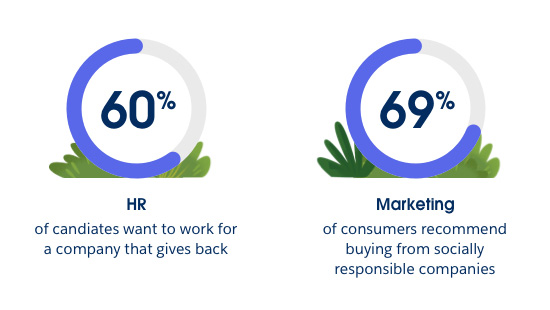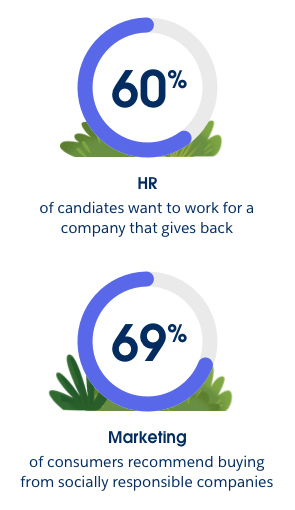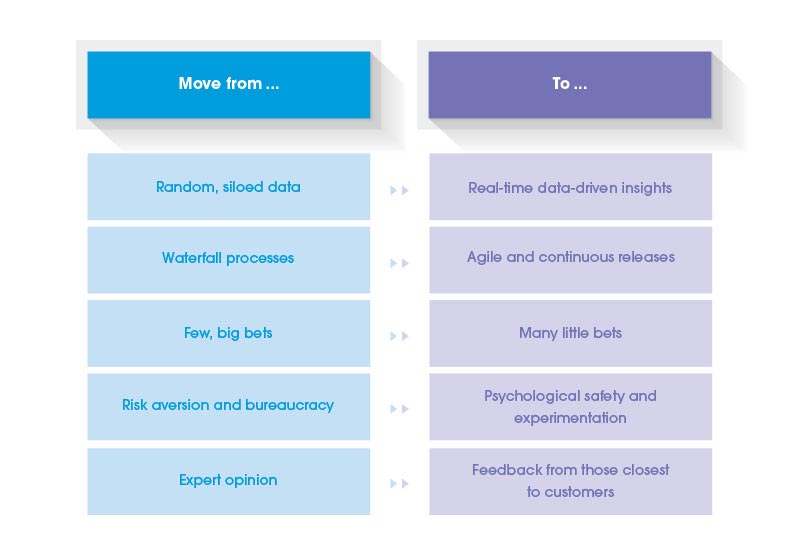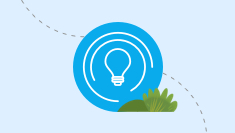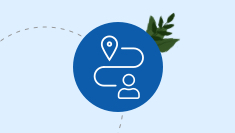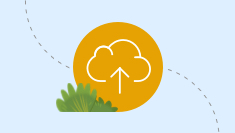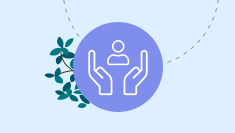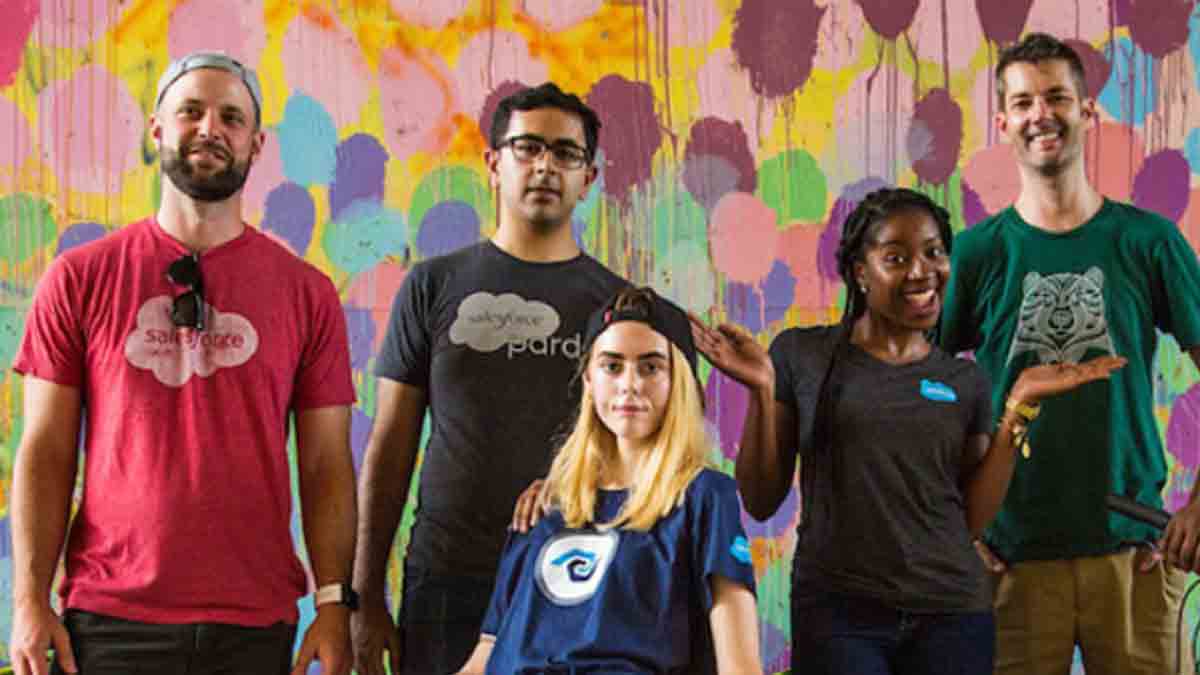Chapter 6: How You Serve Society
The past six months have heightened demand for true corporate social responsibility.
According to Salesforce’s Global Stakeholder Series: Future of Work, Now, a majority of people feel that businesses should give back to the community and make addressing global inequalities a high priority. In the past, the public didn’t expect much more from companies than jobs and wealth creation.
Now, every business needs to play an active role in moving the needle on critical societal issues, like diversity, equity, and sustainability.
Making progress in these areas isn’t just the right thing to do; it’s also a significant business opportunity. Research has shown that more diverse organisations are more innovative and perform better than more homogenous ones, and leading the pack on sustainability can create a lasting competitive advantage.
This means it is critical to put in place leadership, measurement, and reporting around your social programs. This is a change from simply writing a check to turning your company into a platform for change, energising your employees to act, and putting in place programs that makes this easy for them.
Here are three impact areas that directly influence how customers and employees view your company.

As we navigate not only global health and economic crises, but also a social crisis that has further amplified systemic racism and inequalities, leading with our values is more important now than ever. At Salesforce, equality is a core value. We believe that businesses can be powerful platforms for social change and that it is our responsibility to further equality for all.
Creating a culture of equality isn’t just the right thing to do; it’s also the smart thing — empowering employees to innovate, build deeper connections with our customers, and ultimately to build a better company.
It’s not enough to take a stand for equality, but as leaders, we are called to take action. To help drive systemic change in our workplace and community, consider these four pillars. At Salesforce, we have a Racial Equality and Justice Task Force to drive them forward.


Consider creating Employee Resource Groups (ERGs) if your company does not have them. These are employee-led organisations that support our underrepresented communities. Empower each group with a budget, offer paid volunteer time for ERG members, and partner to create professional career development initiatives.
Hold your company accountable by setting representation goals and tracking against them. Consider sending people leaders a monthly scorecard which includes: headcount, hiring, attrition, and promotion data by gender and race (where applicable) with prescriptive actions based on data to help increase access to opportunities.
Climate change is the greatest challenge humans have ever faced, and its effects weigh heaviest on the world’s most vulnerable communities, amplifying global inequality. At Salesforce, we consider the environment to be a key stakeholder, and we are committed to harnessing our culture of innovation to improve the state of the world and create a sustainable, low-carbon future and economy.
Carbon accounting is the first step to understanding a company’s environmental footprint, with the hopes that this data can drive actionable insights, like setting realistic reduction targets.
We leveraged the power of Salesforce technology to create a solution that empowers businesses to quickly track, analyse, and report reliable environmental data to help them reduce their carbon emissions. In response to recent health concerns, many workforces are traveling less and mostly working from home.
Sharing the Sustainability at Home Guide with employees gives them actionable ways to make working from home more sustainable such as growing plants in your backyard, making conscious decisions about the food you eat, and striving for zero waste.
Giving back has been part of our DNA since day one, but it’s never been more important than it is now.
At Salesforce, we are focused on bringing community and opportunity together. We know that values create value: Socially responsible companies tend to have higher employee retention, greater customer loyalty, and even stronger sales.
Our communities hold the best solutions to our toughest challenges. Start by listening to their needs and ideas, and support them on their journey. As our communities continue to experience new challenges, we need to work hand-in-hand with them to create new solutions. Assess your resources, embrace flexibility, and pivot your programs to best support communities in this moment and those that lie ahead.

A great culture is both top-down and bottom-up. It starts with instilling a commitment at the highest levels of your company like adding philanthropy in your annual goals and measuring your community impact as rigorously as you do your sales goals. Research shows that employees expect their leaders to lead in social impact: 76% of employees want CEOs to take the lead on change instead of waiting for government to impose it.
You can encourage your employees to give to the causes they care about by offering them volunteer time off and matching their donations. Your employees are your greatest asset, and by fostering their passions, you can leave a lasting mark on your communities.
Since Salesforce pioneered the 1-1-1 model, Pledge 1% has grown into a global movement where giving back is baked into the DNA of companies of all sizes from the very beginning. These companies have pledged a combination of giving back 1% of equity, profit, product, or employee time. Head to pledge1percent.org to get started.

- Empower diverse voices.
- Sign onto the Science-Based Targets Initiative.
- Support Employees in Giving Back
Preparing your company to adapt and flex for future shocks is no easy feat. But, recentering your focus on the customer makes it achievable.
Start by putting structures in place now to help you rapidly sense, anticipate, and respond as customers’ needs change. Then, purposefully redesign and realign your business processes, teams, and technology to create amazing, frictionless customer experiences. To cultivate genuine loyalty with customers, consider ways your company can act as a platform for change.
The urgency is real — and so is the potential.
Your journey toward customer-centricity starts with this playbook, but it doesn’t end here. Keep learning more with these resources to the right.
Chapters
More Resources

State of the Connected Customer

Create your Customer 360 in two simple steps.



